Let’s face it – toilet paper is one of those items you can’t really live without, and you certainly wouldn’t want to be without one in case of an emergency. That’s why it’s so important for preppers to know what toilet paper alternatives are available, should they find themselves without access to one.
Baby wipes, water, paper, rags, towels, and grass are just some of the most common toilet paper alternatives. You can also use leaves and snow.
In this article, we’ll go through each option and talk about the pros and cons, so you are prepared for a potential future toilet paper shortage.
Quick Navigation
- 1. Baby Wipes
- 2. Water
- 3. Rags or Towels
- 4. Paper
- 5. Paper Towels, Facial Tissues, and Napkins
- 6. Reusable toilet paper
- 7. Leaves
- 8. Rocks
- 9. Grass
- 10. Snow
- Final Thoughts
1. Baby Wipes
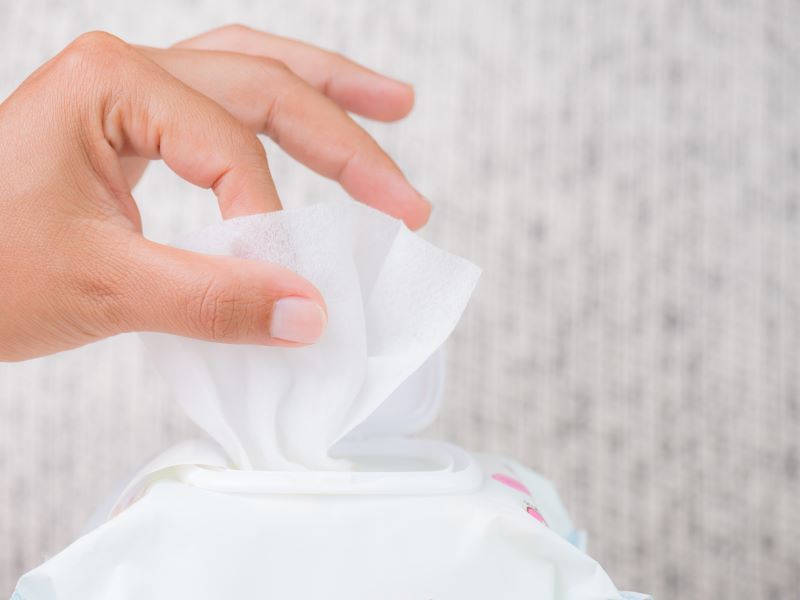
Baby wipes, also known as wet wipes, are a popular alternative toilet paper, especially for people with sensitive skin. As a prepper, these are convenient to have in your bug-out bag.
They are made from a soft, non-woven fabric that is gentle on the skin. They are also infused with a mild, hypoallergenic solution that’s typically free from harsh chemicals.
Baby wipes are versatile too. They can be used for personal hygiene and cleaning, wiping, and freshening up surfaces and objects.
2. Water
Using water as an alternative to toilet paper can be effective and sustainable. It is much more environmentally friendly than relying on limited resources like toilet paper and can be just as effective for hygiene. Water is arguably one of the best alternatives if sourced properly.
Here are four key points that you should keep in mind when considering water as an alternative:
Finding natural water sources
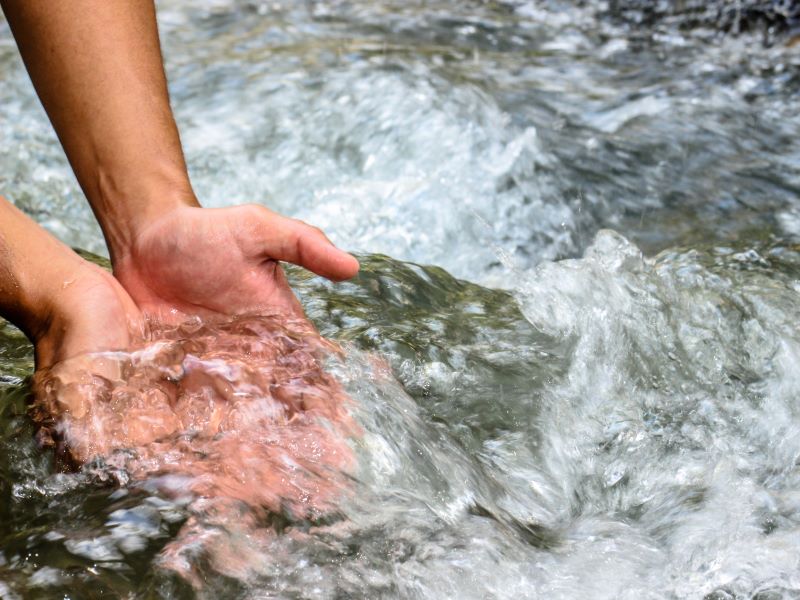
It is essential to consider where to find a natural water source. This could be a lake, river, stream, or pond. When deciding on a location, make sure it is free of pollutants, as those can harm one’s health.
Bringing supplies
To make the most of your water supply, you should bring a few containers to store the water and a scrub brush or cloth for cleaning. This will help you to be more efficient with the water resource since you won’t have to return to the natural source to get more.
Measuring the temperature
Before using the water for cleaning, you should check if the temperature is comfortable. This will help to make the experience more pleasant and reduce the risk of skin irritation.
Consider changes in the weather
Finally, you should be mindful of changing weather conditions as this could affect the temperature and quality of the water. In addition to keeping an eye on the temperature, you should also be looking for rising rain levels that could increase the risk of pollutants.
3. Rags or Towels
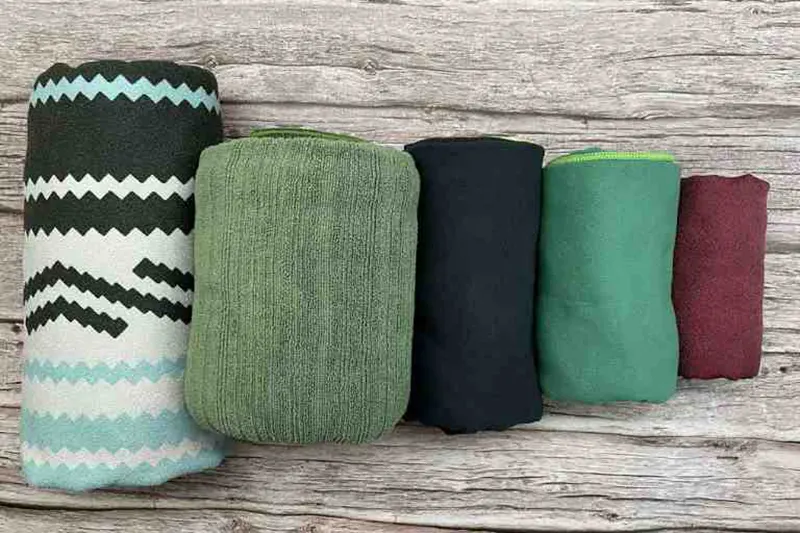
Using rags or towels as an alternative to traditional toilet paper has been popular for preppers for many years. There are several reasons why this is a practical choice for preppers that should be considered.
Advantages
The most significant advantage of using rags or towels is that they are reusable. Unlike paper, which needs to be thrown away after each use, rags or towels can be washed and reused multiple times. It’s what makes them much more economical than traditional toilet paper.
Additionally, they are much softer and less abrasive than paper so they’re a lot more comfortable to use. They are also much bulkier than paper, so they do not need to be stored in large quantities.
And finally, they do not contain harsh chemicals, dyes, or fragrances, so they are ideal for sensitive skin.
Disadvantages
Rags and towels are much heavier than paper and may be difficult to transport or store in large quantities. They take much longer to dry than paper, so they may not be the best option for those who cannot wash them immediately.
And if not cleaned properly, dirty cloths can increase the risk of bacterial contamination which could be a severe health risk.
Tips for using rags or towels
When using rags or towels as toilet paper alternatives, keep in mind a few tips:
- It’s essential to wash them with hot water and detergent after each use, as this will help to reduce the risk of bacterial contamination.
- It’s best to store them in a cool, dry place, so they don’t become moldy.
- Using multiple layers of the fabric per application is essential to maximize absorbency and prevent tearing.
4. Paper
Paper is an excellent alternative to conventional toilet paper as it has several advantages:
- It is much more absorbent, making it better at removing moisture from the skin without needing many layers.
- Paper is much more durable. It won’t start to break apart after a few uses the way traditional toilet paper does.
- It doesn’t contain chemicals, dyes, or fragrances.
Although there are many benefits to using paper as toilet paper, there are some drawbacks:
- Paper can be abrasive and uncomfortable.
- It is much bulkier than toilet paper and may require more storage space.
- Paper is much heavier than conventional toilet paper. You may find it difficult to transport or store in large quantities.
Take note of these tips before using paper as a toilet paper alternative:
- Make sure to soften the paper with water before use to make it more comfortable.
- It’s best to use multiple layers of paper per application. This will ensure all the moisture is absorbed and the paper doesn’t break.
- Store paper in a cool, dry place to prevent it from becoming moldy or disintegrating.
5. Paper Towels, Facial Tissues, and Napkins
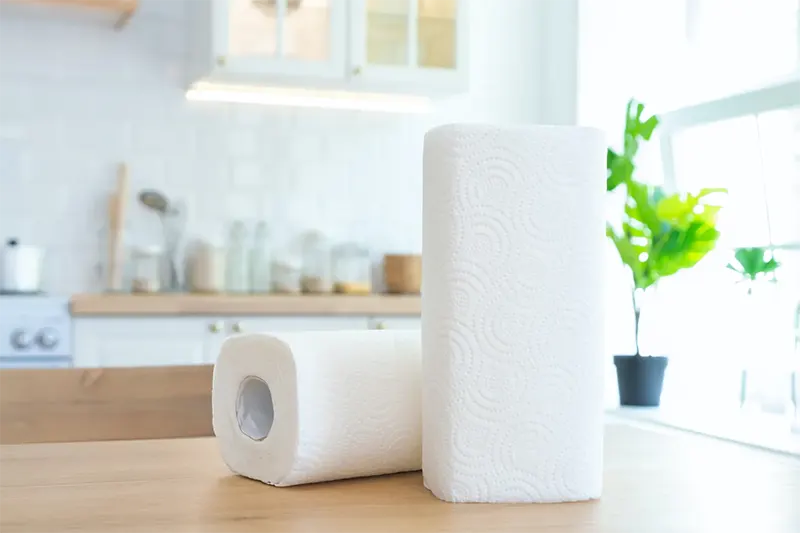
Napkins, paper towels, and facial tissues are all everyday items that can be used as toilet paper alternatives. These products are frequently used for cleaning, wiping, and absorbing liquids.
Although they might not be as soft or absorbent as regular toilet paper, they work in a pinch. Additionally, they are typically accessible and easy to locate.
It’s important to note that these options might not be as pleasant to use as your toilet paper. In fact, they might even be irritating. However, when you have no other option, they work really well as a last resort.
6. Reusable toilet paper
Reusable toilet paper is affordable and can last for months or even years. It’s often made of cotton, microfiber, or other materials that are gentle on the skin and easy to clean. Some varieties even come with snaps or buttons, making them easy to attach and detach for washing.
One way to use reusable toilet paper is by keeping a container of pre-cut squares near the toilet. After use, the squares can be thrown in the laundry and washed with your regular laundry.
Reusable toilet paper options take a bit of getting used to as they can feel different from traditional paper products. However, once you get used to the new sensation, you may even prefer it over conventional toilet paper.
7. Leaves
Leaves are one of the most basic and natural alternatives to toilet paper. In the wild, you can find leaves practically everywhere if you need them for survival. Some people even call it “nature’s toilet paper.”
Many soft leaves, such as mulberry or maple leaves, can be used as a replacement for toilet paper. However, you should use caution when using leaves because some plants, like poison ivy, might irritate your skin.
It’s also crucial to remember that different leaf types have various textures. Some of which may be more abrasive than others depending on their rigidity and thickness. Soft leaves, such as maple or mulberry, are best since they are gentle on the skin and offer a lot of absorption.
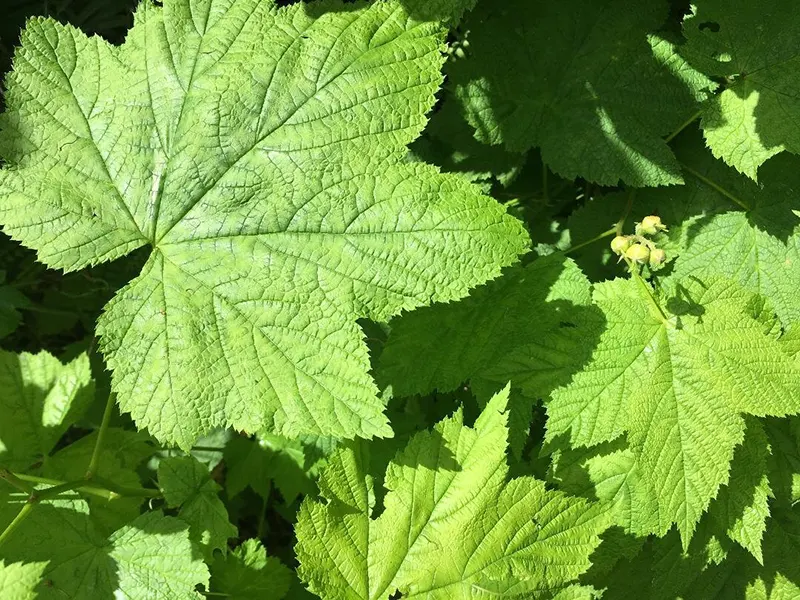
When using leaves as toilet paper, it’s also important to remember that they should always be fresh and green. Dry leaves can be abrasive and irritating for most people.
It’s also crucial to be careful where you collect the leaves from because those that have been on the ground for a while could contain bacteria or other dangerous pathogens.
Being familiar with plants around you is essential if you plan to use leaves as a substitute for toilet paper. It’s best to stick to leaves from plants you know for sure are safe.
8. Rocks
Rocks may not be the first thing that comes to mind when thinking of toilet paper alternatives. They are hard and definitely abrasive.
However, when you are in survival mode, you may find them quite useful. You just have to be mindful of the potential for irritation and abrasiveness.
To minimize these risks, it’s best to use small, smooth rocks that are free of jagged edges. Additionally, it’s a good idea to wet the rocks before using them. This extra step can make them less abrasive and more hygienic. It’s also essential to have a designated set of rocks for cleaning yourself and not to use the same rocks for other purposes.
It’s a good idea to carry a small container of water with you. You can use it to wet the rocks before using them.
9. Grass
Grass is an excellent and environmentally-friendly substitute for conventional toilet paper when you’re in survival mode. It is soft and absorbent. Plus, it decomposes quickly so it won’t block any pipe, sewer system, or septic system.
It’s also natural and renewable, making it a fantastic choice for preppers who may need to use it for a long time.
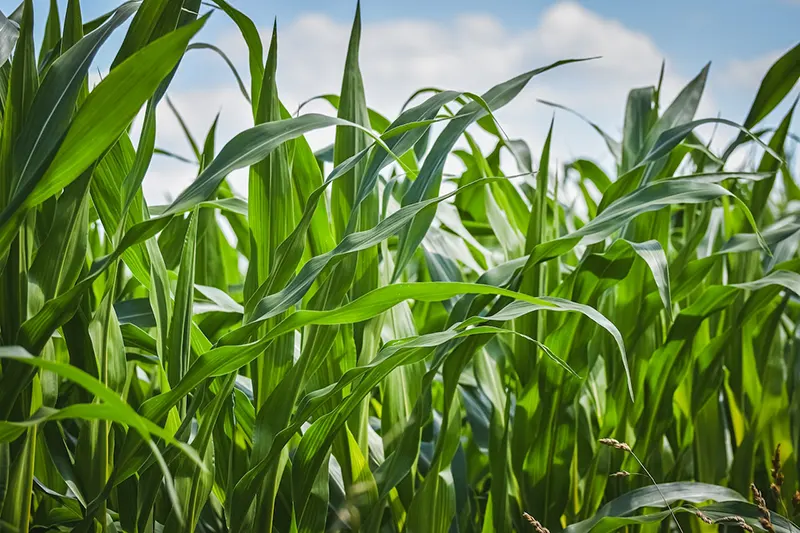
Now, before you start using grass, you need to know how to use it correctly. Here are a few things to keep in mind:
- First, check if the grass is green and fresh; trampled or brown grass may be too rough for the skin.
- It’s also important to rinse the grass before using it if you have sensitive skin or are prone to allergies.
- Use grass sensibly. Take only what you need, and harvest it responsibly.
The fact that it is free and easy to locate eliminates the need to worry about running out of paper or stocking up on it.
10. Snow
Snow is an ideal alternative to toilet paper for preppers looking for a sustainable, renewable resource. It is abundant and easy to collect and store. As long as it’s the right season, you won’t need to worry about running out or needing to stock up.
When collecting and storing snow, it is best to gather it in a bucket or bag. Make sure to collect it from a clean area and avoid snow that has been trampled or already used by someone else.
Additionally, storing the snow in a waterproof container in a cool place is essential. This will help prevent it from melting too quickly.
Preppers should follow a few tips when using snow as toilet paper to ensure the best experience possible.
- Firstly, rinse the snow in cold water before use, as this will help make it more comfortable.
- Additionally, it’s best to use the snow immediately after collecting it. If left too long, it will begin to melt and lose its absorbency.
- Finally, it’s essential to use snow responsibly and not take too much. This could be detrimental to the environment.
Final Thoughts
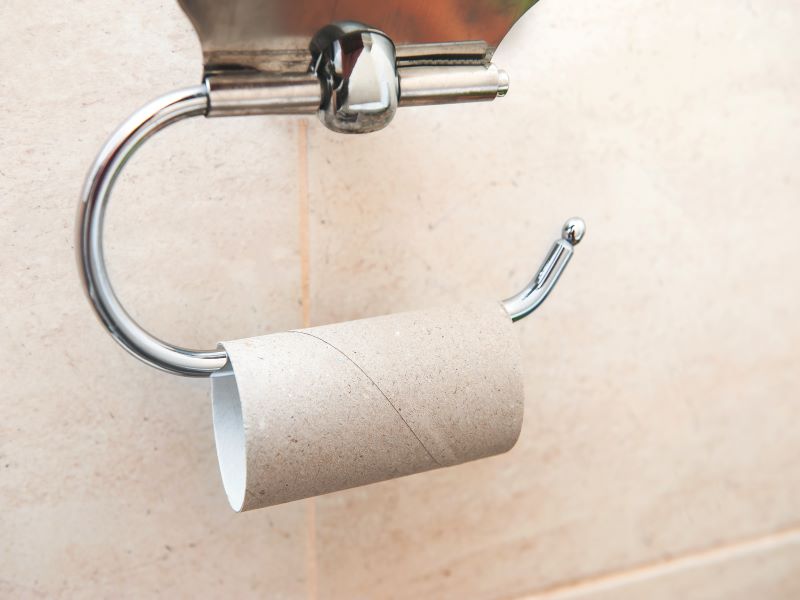
When store shelves run dry or in an emergency, conventional toilet paper might not be easily accessible. It is a great idea for preppers to have backup plans available.
There are various toilet paper alternatives to think about, ranging from natural options like leaves to reusable options like wet wipes. Before an emergency, it’s crucial to learn about and practice using these toilet paper alternatives to ensure you’re ready.

socks will work great I cant believe how many old socks we have after 42 years 2 kids 2 grand kids we have baskets full of old socks also old cloths like baby cloths she has saved for ever cut them up and use them just do not put them down the out house hole (yes I have an out house ) put them in the bonfire pit